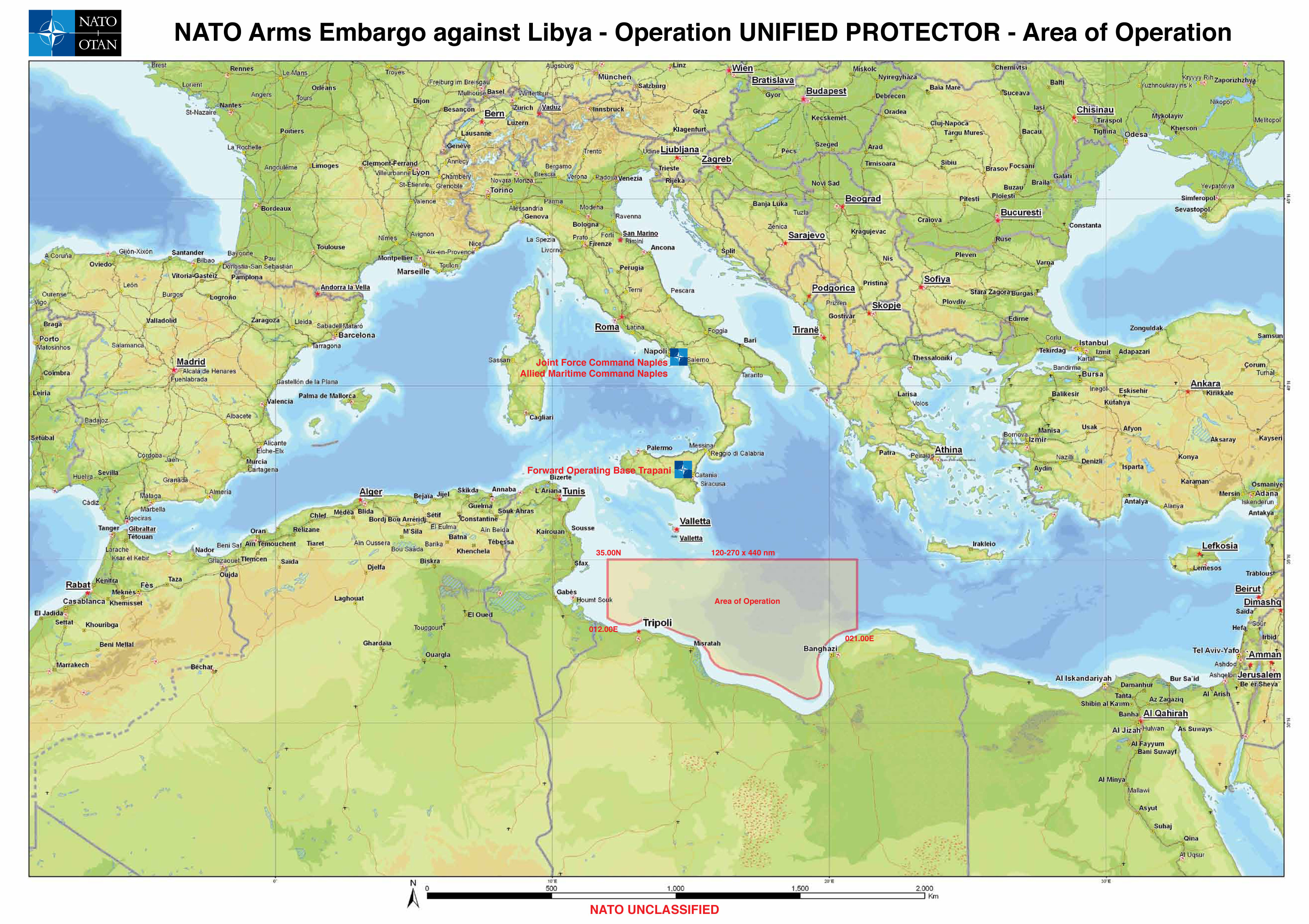An exit strategy that does not say its name
(BRUSSELS2) The meeting of NATO foreign ministers went almost like clockwork. The 28 members of NATO and their allies have endorsed, without firing a shot, a military reinforcement. They will provide 7.000 more men, requested by the Americans, explained NATO Secretary General Anders Fogh Rasmussen. Koreans, Georgians, Italians, Poles, Hungarians… They all get into it. But on the French side, we remain discreet. The principle affirmed by Nicolas Sarkozy of not increasing troops remains the official rule. With 3900 men engaged, it is already enough. Which cannot prevent, explains an officer, " occasional reinforcements if necessary”. Possibility confirmed by Bernard Kouchner, himself: “ Of course, if needs arise, we will meet them. If, for example, we need one more helicopter, we will send it."
Training
However, the Allies understood that they had to change their strategy. The key word now is “Afghanization”. That is to say, the resumption of control by the Afghans themselves of their security. This involves training Afghan forces, both armed and police. Since 2007, French special forces soldiers have been training Afghan special forces battalions (Kandaks) and Afghan instructors with their American counterparts. Each training cycle, lasting three months, allows the training of 700 Afghan soldiers. To date, 6 Afghan Special Forces kandaks have been trained representing a total of 3700 commandos.
Concentration
The French army has already handed over the baton in the Kabul region to the Afghans for a year now. And it regrouped in a single region: the Kapisa-Surobi zone, deploying both pure military means, combat, but also the so-called OMLT teams, responsible for liaison with the Afghan forces, and the 150 gendarmes who will ensure the training of an Afghan gendarmerie force. This deployment is carried out within the framework of the European Gendarmerie force; but, it must be recognized, the French are the only ones, for the moment, to provide a substantial workforce. The Americans and British will concentrate their efforts on Helmand, a key region. It remains to be seen how long Western populations will endure a costly commitment in terms of human life and budget.
Disengagement
Even if, in NATO, the word "exit" strategy remains taboo and the word "transition" is preferred to it, everyone in fact thinks about it and knows full well, as one diplomat put it, that a military commitment of this importance " can't go on forever". A progress report is also planned for the end of next year to take stock and see if this strategy has worked.
Nicolas GROS-VERHEYDE.
(article published in Ouest-France in a first shorter version)

